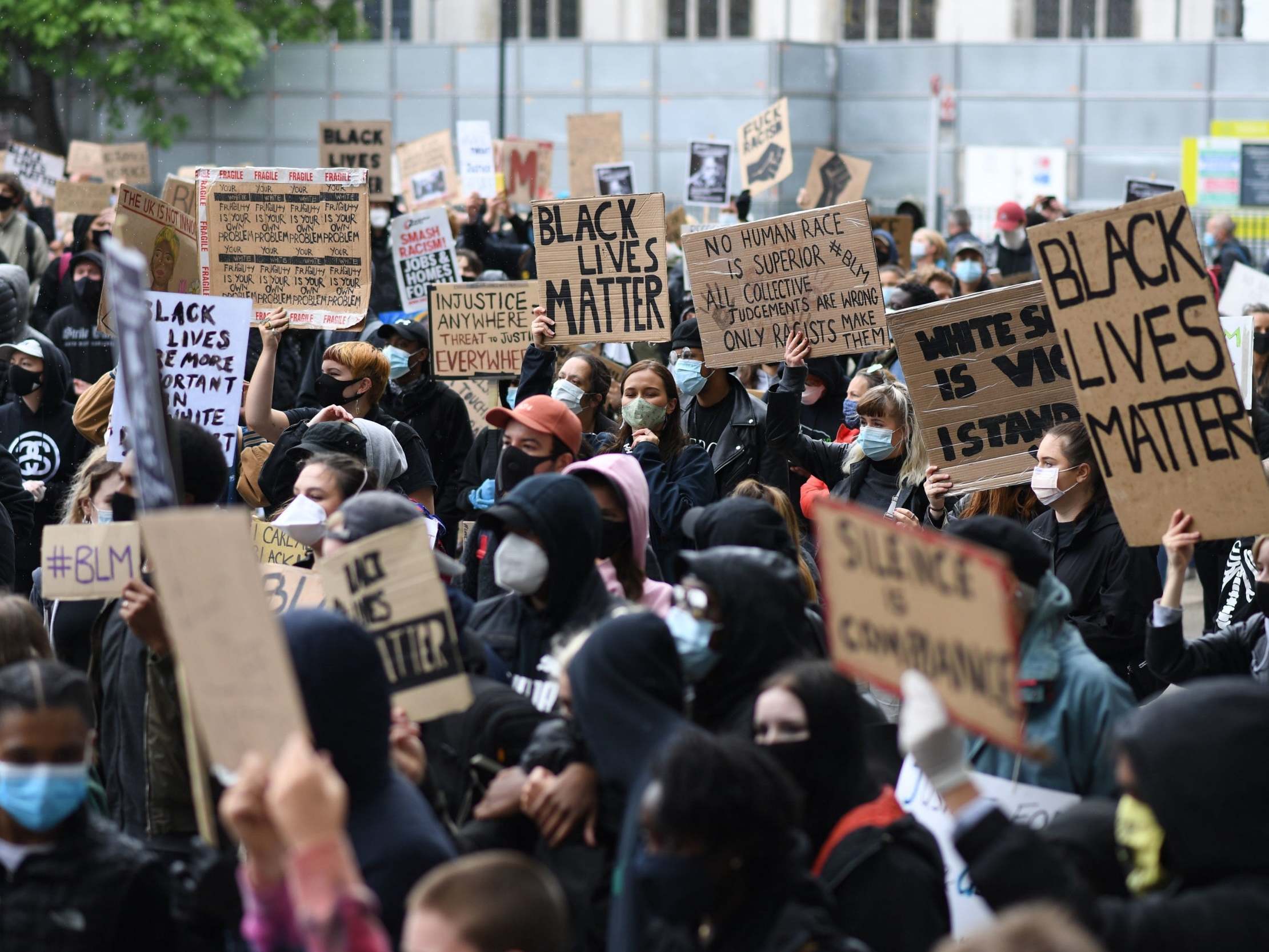Why anti-immigrant rhetoric from politicians fuels racist abuse of black female MPs
Black women face a particular type of online abuse that targets both their gender and their race, campaigners say


The flood of racist abuse and death threats black female MPs have endured after voicing support for Black Lives Matter protests raises questions about whether online harassment of women politicians has worsened in recent years.
Women MPs have previously warned vitriolic abuse has risen in the wake of the Brexit vote, with some explicitly citing online harassment as their reasoning behind stepping down ahead of last year’s general election.
Research into abuse against women politicians and journalists on Twitter, carried out by Amnesty International in 2018, found black women were disproportionately singled out by trolls – with black women 84 per cent more likely than white women to be referred to in abusive or problematic tweets.
Bell Ribeiro-Addy, who was elected as Labour MP for Streatham in south London in December, told The Independent that Britain’s vote to leave the European Union both exacerbated abuse suffered by female MPs and shone on a light on pre-existing issues.
The politician, who condemned the abuse black MPs have suffered in response to voicing support for the Black Lives Matter protests, said: “I think the referendum was a catalyst and brought some of the abuse out into the public sphere. What’s been especially worrying is the way racism experienced by black female MPs has been fuelled from the very top of UK politics.
“In the UK, immigration is almost impossible to disentangle from race. When politicians use anti-migrant rhetoric in order to point the finger away from the real problems in society – rising living costs, in-work poverty, declining public services – this invariably whips up hostility towards BAME communities. Having leaders who are willing to pander to racist views to try and win elections legitimises the racist behaviour of online trolls.
“Attempts to mitigate abuse have not worked. Putting forward mere sticking plaster solutions for an issue as big as structural racism, is part of the problem. What we really need is more leadership from the top to address this. Those in positions of power can’t continue telling us that racist abuse is wrong, whilst perpetuating it themselves.”
Tens of thousands of protesters have gathered in cities and towns around the UK to demand an end to police brutality and systemic racism in response to the death of George Floyd who died after being arrested by police in Minneapolis.
Azmina Dhrodia, who conducted the Amnesty International report into Twitter abuse of female politicians and journalists, said the human rights organisation previously found Diane Abbott, the first black female MP in the UK, received almost half of all abusive tweets sent to female MPs in the run-up to the 2017 UK general election.
Ms Dhrodia told The Independent: “Black women face a particular denigration of online abuse that targets both their gender and their race – also referred to as misogynoir. The horrific threats recently sent to Labour MP Dawn Butler after she stood up for Black Lives Matter protesters demonstrates that much more must be done to ensure that black women can freely, equally and safely express themselves online. During such a monumental time in the fight for racial justice, we should all be amplifying the voices of black women, not silencing them.”
Join our commenting forum
Join thought-provoking conversations, follow other Independent readers and see their replies
Comments